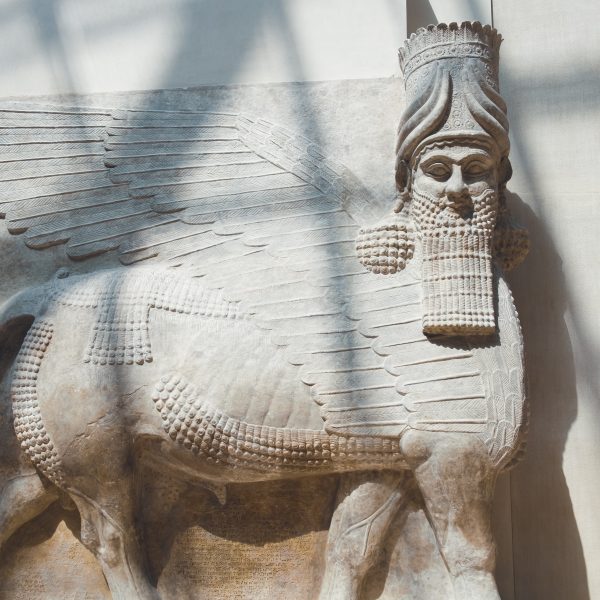Lesch and the Lion
 Last Thursday David Lesch, author of The New Lion of Damascus (Yale University Press, 2005), wrote an op-ed piece for the Washington Post on Syrian president Bashar al-Asad:
Last Thursday David Lesch, author of The New Lion of Damascus (Yale University Press, 2005), wrote an op-ed piece for the Washington Post on Syrian president Bashar al-Asad:
Syrian President Bashar al-Asad has been a lonely man in international circles of late. Indeed, one of the few Americans with whom he has had contact in the past few years has been a professor (me) who wrote a book about him—not exactly high-powered diplomacy.
Asad was a tremendous disappointment to many U.S. officials after a promising beginning when he came to power in 2000. Considering the dilapidated, broken-down country he inherited, however, the expectations were misplaced. And because they were so high, so was the level of disappointment.
* * *
Asad has confounded the critics, though. He has survived, despite a few glaring missteps. And it has to be acknowledged by now that one doesn’t last six years as president of Syria without being at least somewhat clever, politically skilled and strong-willed.In fact, Asad is more securely in power and more confident in his leadership today than he has ever been—although perhaps, as recent events have shown, maybe a bit overconfident. He has weeded out most of the “old guard” from his father’s reign, and he funneled the international pressure related to the Hariri assassination and subsequent withdrawal of Syrian troops from Lebanon into a nationalistic response that has coalesced in support of the regime.
* * *
There are many reasons for the current crisis in the Middle East. It is largely the result of American weakness and perceived illegitimacy, stemming from U.S. folly in Iraq, which has allowed state and sub-state actors to assert themselves.From Syria’s perspective, the crisis is seen as a search for relevance. Damascus needs at least a few arrows in what has been an empty quiver of diplomatic leverage. Asad wants to be taken seriously. He believes the sincere overtures he made to the United States and even Israel in his first few years in power were categorically rebuffed—and in fact they were. After all, he was seen as being on the wrong side of history.
* * *
Leaders reach out in interesting, and occasionally lethal, ways. The Bush administration should not, however, react to the current situation by continuing to isolate and threaten Syria. Recognize the situation for what it is, because, like it or not, Bashar al-Asad is sticking around. Just because diplomacy is what he is ultimately searching for should not obviate the possibility of diplomacy.In coming weeks, one hopes, the Syrian president will be talking with someone from the United States other than a professor who wrote a book about him.
The New Lion of Damascus presents the story of Syria’s enigmatic leader at a critical juncture in the history of the Middle East.



